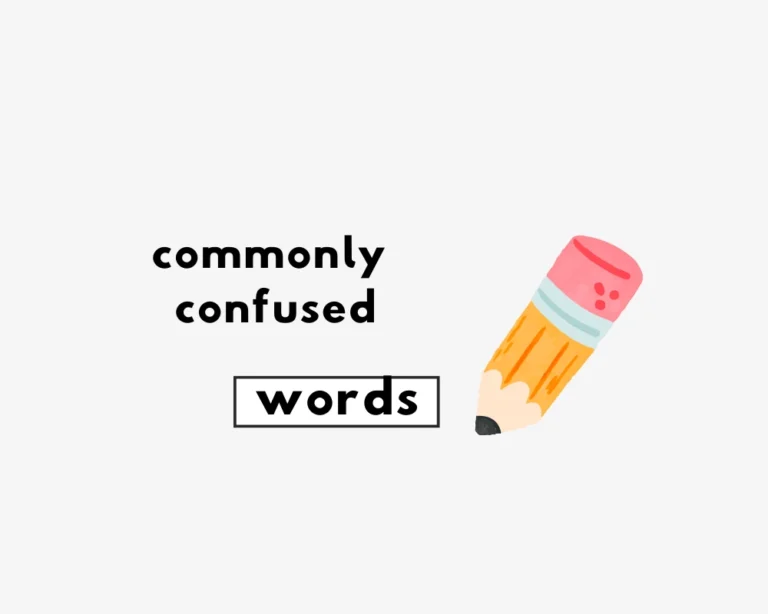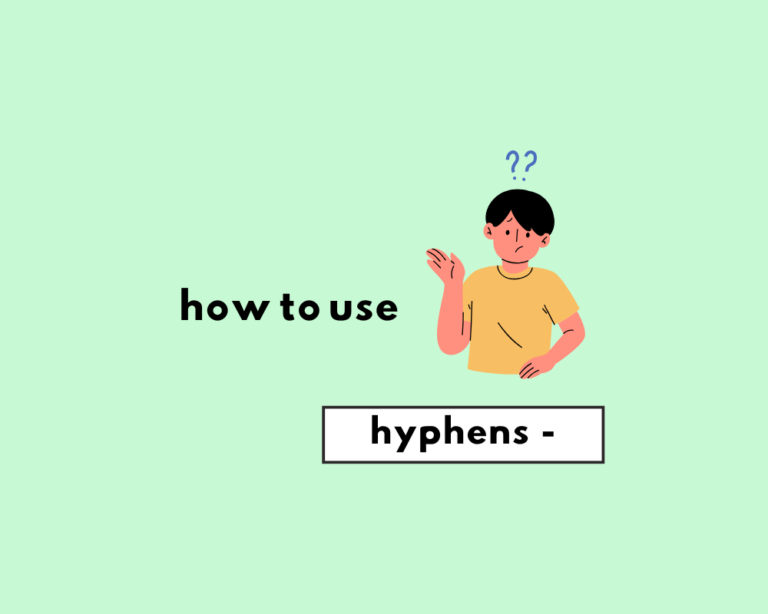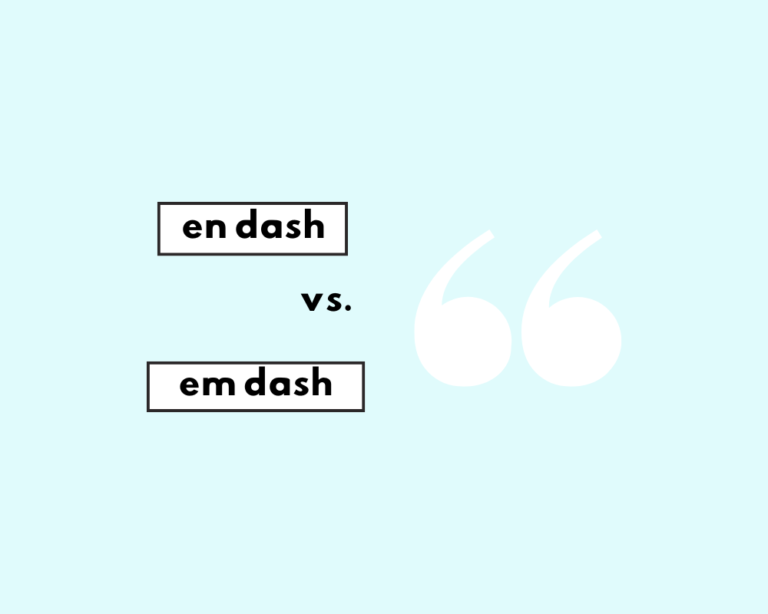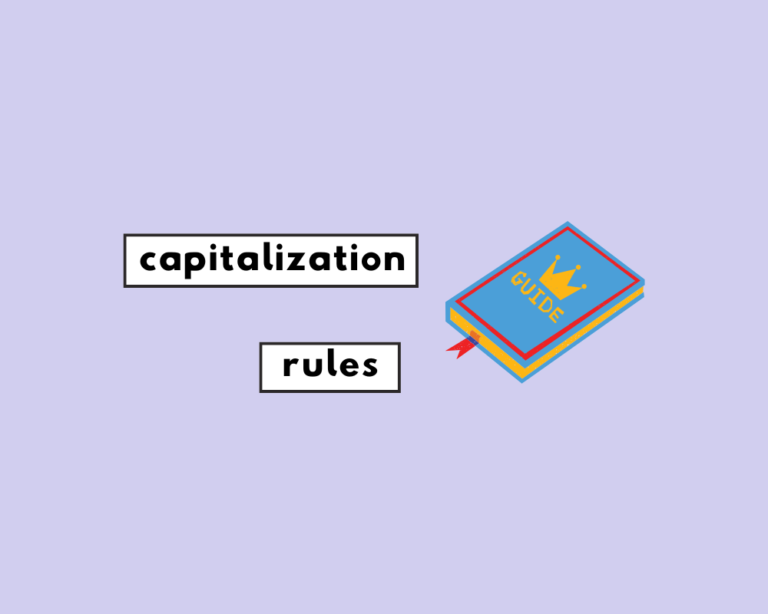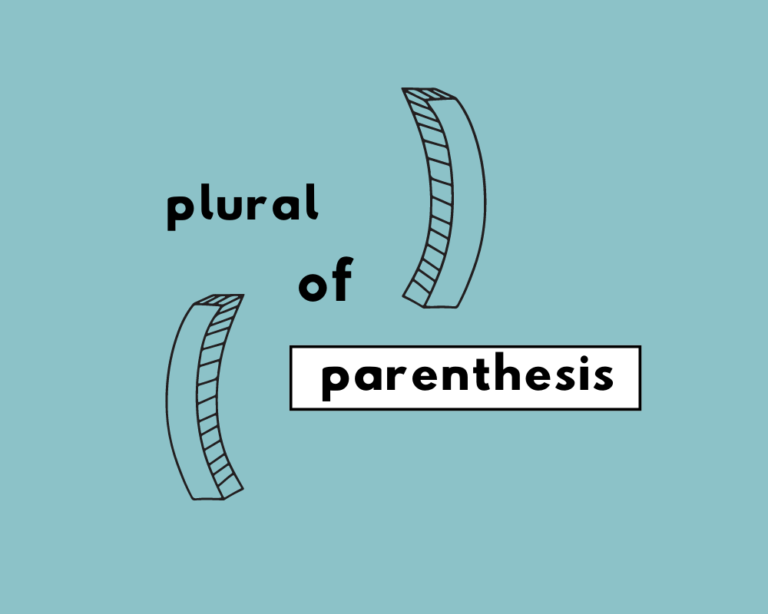Between behavior or behaviour, which is the correct spelling?
It’s a bit of a trick question, because the answer depends on geography (as you may have guessed … if you’ve been keeping up with your regularly scheduled grammar-flexing!)
Behaviour or behavior?
Behaviour and behavior are two spellings of the same word that describes the way someone acts or the things they do; e.g., parents influence the behaviour/behavior of their children.
- UK English spells “behaviour” with the vowel “u”.
- US English spells “behavior” without the “u”.
| UK English/British English | US English/American English |
| We were grateful for the gracious behaviour of our hostess. | The children were rewarded for good behavior. |
Other “-our”/”-or” words
This chart shows other words that use “-our” / “-or”, depending on British and American English preferences. As you’ll see below, lots of words follow this spelling pattern, so it’s beneficial to learn their correct spelling!
| UK English | US English |
| favour | favor |
| labour | labor |
| behaviour | behavior |
| colour | color |
| humour | neighbor |
| endeavour | endeavor |
Other forms of the word behaviour
Other forms of the word also follow the same spelling conventions based on US/UK English:
| US English | [adverb] behaviorally, [adjective] behavioral. [verb] behave |
| UK English | behaviourally, behavioural. |
“Behaviour” / “behavior”, used in sentences
His behaviour/behavior towards her was becoming more and more aggressive.
I noticed a change in his behaviour/behavior.
I know you were upset, but that doesn’t excuse your behaviour/behavior.
He had his jail term cut for good behaviour/behavior.
Behaviour, synonyms
- conduct
- etiquette
- action
- bearing
- manners
- habits
- deportment
- way of doing things
- way of carrying oneself
Origin of the word
From Etymonline on behaviour:
“manner of behaving (whether good or bad), conduct, manners,” late 15c., essentially from behave, but with ending from Middle English havour “possession,” a word altered (by influence of have) from aver, noun use of Old French verb aveir “to have.”
Learn more about US English vs. UK English
Sources
- Harper, Douglas. “Etymology of behaviour.” Online Etymology Dictionary, Accessed 16 January, 2024.


